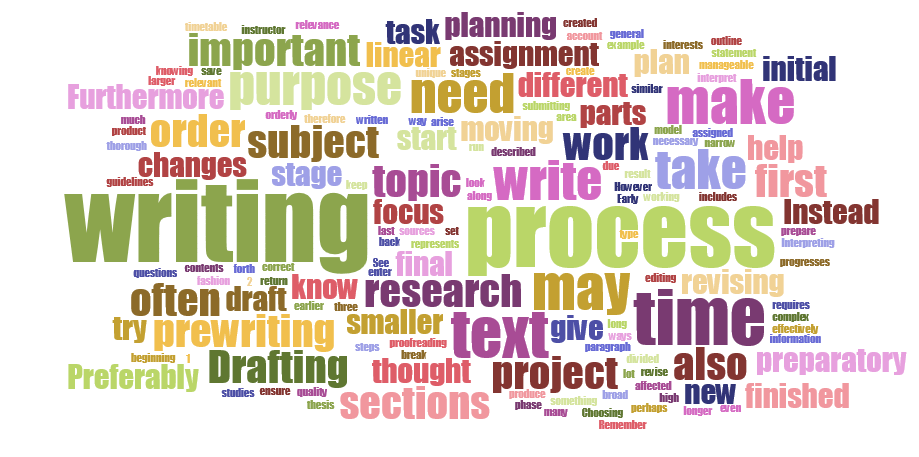
Editorial
We are delighted to present the second quarterly issue (April- June) of ELT Choutari of 2018. Standing at this point and looking back, we have been able to publish 87 issues in the past 10 years, and we believe that it has been a good source of learning and a place for expressing feelings, ideas and professional experiences. This has really encouraged us to keep the ball rolling.
Why skill for doing a job? Whatever we attempt to do, it requires particular skills to accomplish the task successfully. For example, the way of dressing up for a party, driving a car, decorating a room, painting a picture, performing a dance, designing a building, speaking in a conference, writing an essay or doing so and so activities are skills. In a generic sense, skill is an ability to perform an activity systematically. Whether preparing a cup of coffee or writing a thesis for a degree, skills specific to the jobs label the quality and taste of both of them. I believe that a customer enjoys the taste of coffee in a cup but not the cup in a cafeteria. Therefore, the owner of the cafeteria employs professional barista to attract maximum customers and increase the sales. However, customers always talk about the taste of coffee but not the barista who prepares a nice cup of coffee for the customers. Does it make a difference to the barista’s job and skill? Sometimes it does but mostly not.
An academic writer perhaps needs to understand this fact. Although it is not easy to develop academic writing skills, the skills play a vital role to offer a nice piece of writing to readers. It does not matter whoever you are like a barista in a cafeteria kitchen but the taste matters- the taste of your writing matters! I have heard several gossips among teachers and academics that they would like to be an academic writer but I have never heard how they would become a writer. How many postgraduate students internalise the role of a barista? I believe that a barista must have spent a long life preparing the coffee to become a professional barista. S/he might have learned the skills from several mistakes and losses.
This issue offers reading various experiences of several academics who share their struggles, challenges they faced, skills they learned and some degree of academic knowledge. These articles focus on skills of writing an academic paper and suggest that academics learn academic skills from their writing activities similar to a barista who learns skills of preparing coffee from the workplace. I believe that teachers, students and emergent researchers will be benefited reading these writings about “writings”.
In the first post, Thesis Writing: A Hard Nut to Crack, Muna Rai shares her anxiety, process and pain, and pleasure of writing her Master’s thesis.
In the similar second post, Sharing My Experiences of Master’s Thesis Writing, Mamata Bhattarai shares her reflective journey of thesis writing.
Likewise, in our third post, A Teacher’s Journal of Teaching Writing in Community School of Nepal, Bimal Khanal shares his experiences and feeling of teaching writing in the community school and perceptions of students.
Similarly, introducing our one of the popular genres “the interactive blog post”, Ashok Raj Khati weaves the policies, practices, processes and challenges in teaching writing in English Language Education (ELE) Program in Nepali Universities with the collaboration of the faculties of different universities in Nepal.
In the same way, in an exclusive interview with the expert from our thematic area of this issue, Dr Shyam Sharma focuses on the beliefs and assumptions about writing, need of writing today, issues and challenges in our writing education, and some ways forward.
In another post, Thinh Le shares tips for composing an essay and taking academic notes effectively based on his experience.
Finally, in the last post, our Choutari editor, Jeevan Karki presents you the seven special photos from different areas that can be used in teaching language skills especially writing.
Here are the seven posts for you in this issue:
- Thesis Writing: A Hard Nut to Crack (A Student’s Experience) by Muna Rai
- Sharing My Experiences of Masters Thesis Writing by Mamata Bhattarai
- A Teacher’s Journal of Teaching Writing in Community School in Nepal by Bimal Khanal
- Writing Practices in ELE Programs in Nepali Universities: An Interactive Blog Post by Ashok Khati
- Training Teachers to Integrate Writing Across the Disciplines: Dr Shyam Sharma
- Tips for Writing an Essay and Taking Academic Notes by Thinh Le
- Free Photos for Teaching Writing: Jeevan Karki
I would like to thank my dear friends: Jeevan Karki, Ashok Raj Khati and Praveen Kumar Yadav, the editors of https://eltchoutari.com/ for their support to bring this issue. To be honest, they have done much more than me on this issue and have ever put their greater effort to make this professional online magazine sustainable. The founders of this online magazine always deserve the core place of bigger thank you.
Finally, if you enjoy reading any post, please feel free to share in your circle and of course, drop your comments in the boxes below that will encourage us to keep moving. Similarly, you can send your reflective experiences, journals, best practices, book reviews, case studies, local and global perspectives on ELT, etc. You can email us your post at 2elt.choutari@gmail.com

Editor of the issue